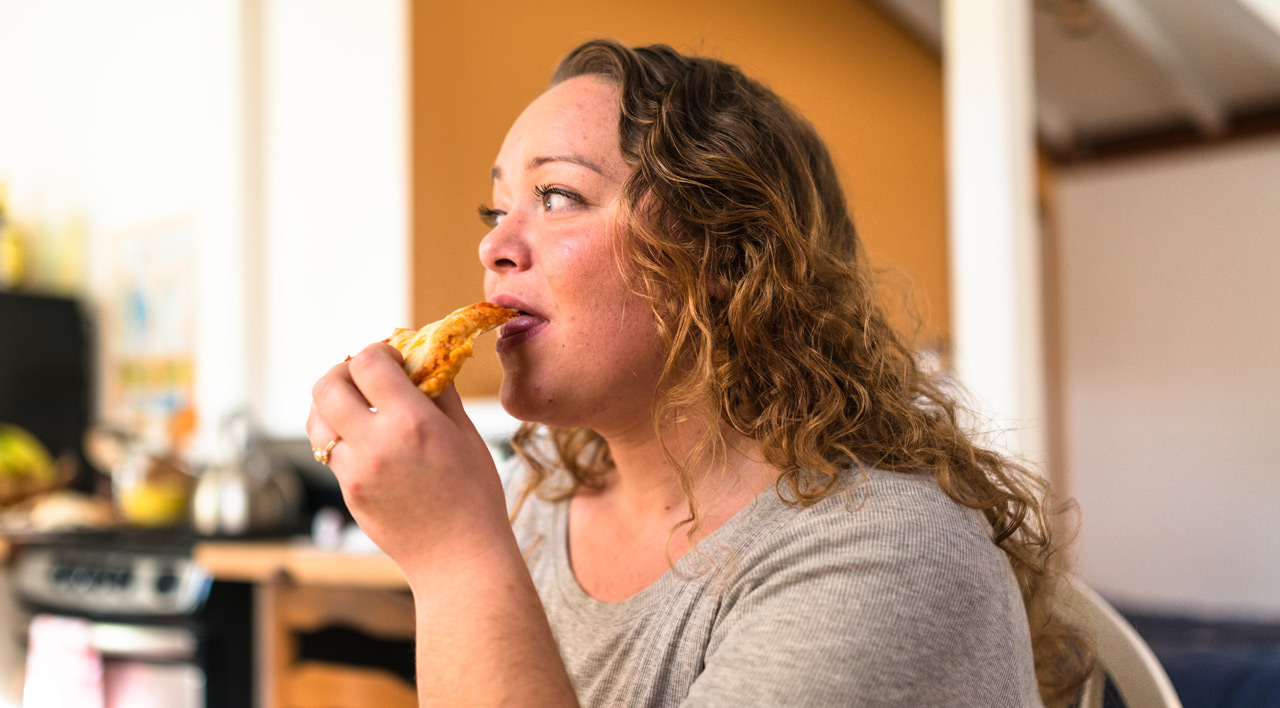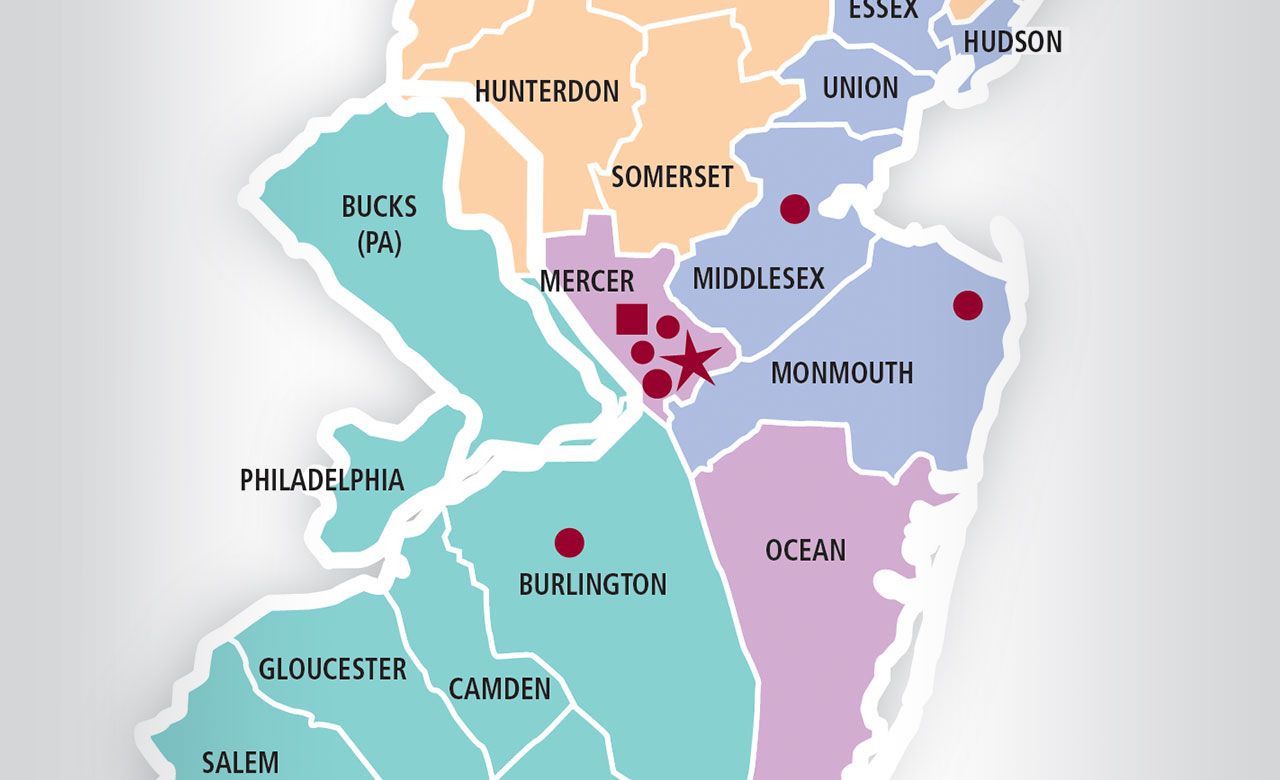"Any time you are making a food choice where emotion is driving your decision, emotional eating is at play,” says Katie Gaffney, RD, a registered dietitian with Penn Medicine Princeton House Behavioral Health’s Women’s Program. “When it becomes your sole coping mechanism for stress, depression, anxiety, loneliness, anger, or even boredom, seeking professional help is important.
”The Women’s Program at Princeton House includes a component that focuses on emotional eating, helping women recognize the behavior; explore what is bringing about the stress, anxiety, or depression that triggers it; develop healthy coping mechanisms; and practice mindfulness.
“For some, it’s beneficial to seek individual counseling with a therapist to work through their emotional eating behaviors,” says Gaffney. Those who are suffering from both mood and eating disorders may benefit from Princeton House’s comprehensive Women’s Program, which provides partial hospital or intensive outpatient treatment (three or five days per week).
Seeking Help is Important
“Addressing the behavior is very important for both emotional and physical health,” says Gaffney. “Using food to cope may prevent you from developing the tools that can help solve problems longer term, rather than depending on one coping mechanism.
”Emotional eating can include overeating, undereating, and even constructing complex rituals around eating. The behavior can reinforce a person’s belief that they cannot manage their emotions. “It can also lead to increased shame about eating; low self-esteem; and medical complications such as heart disease,” Gaffney says.
“Mindfulness is important in determining what is driving your eating behavior,” says Gaffney. “Ask yourself, why you are eating the way you are, and what you are looking to food for, and you will start to get an understanding of what is going on.”
Are You an Emotional Eater?Emotional eating signs may include:
|
For more information on Princeton House Behavioral Health’s inpatient and outpatient programs, visit www.princetonhouse.org, or call 888.437.1610.
Article as seen in the May/June 2021 issue of Princeton Health.



